I read 21 books in 2011. Here are #11-21, ranked from most insight/pleasure/ideas/inspiration derived from to least enjoyed…
***
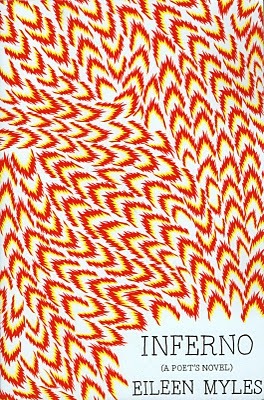 11. Inferno (a poet’s novel) (OR Books, 2010) – Eileen Myles
11. Inferno (a poet’s novel) (OR Books, 2010) – Eileen Myles
Sexy, funny, tough. The first third is stunning, about her education, “becoming a poet”, leaving Boston, New York in the 70s, New York poets in the 70s. The middle third (about Poetry Project politics, her forgotten plays, her residency at a rich person’s house, getting her dog) is a bit flabby, you could feel her thinking – “I gotta work on this novel”, maybe she even writes that at one point. I loved the passage about women’s pussies, the different ones she had seen & their infinite range, the importance about loving the physicality of your own. A good counterpoint to Patti Smith’s memoir (Just Kids) that came out about the same time, which is about the same time period.
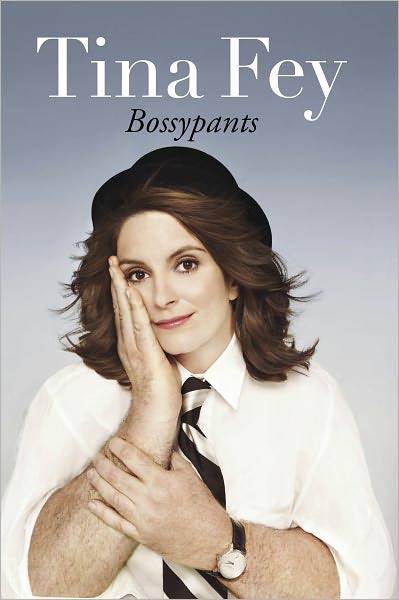 12. Bossypants (Reagan Arthur Books, 2011) – Tina Fey
12. Bossypants (Reagan Arthur Books, 2011) – Tina Fey
Tina Fey is a very funny person you also would like to be friends with. Highlights: thoughts on doing a photo shoot for a big magazine; drama camp as a teenager; & her tips for life gleaned from improv comedy.
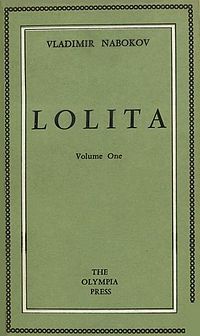 13. Lolita (Vintage, 1989, original published 1955) – Nabokov
13. Lolita (Vintage, 1989, original published 1955) – Nabokov
I know several people who would consider it blasphemy to have read 21 books and rank Lolita all the way down at No. 13. There were entire paragraphs I wanted to cut out & marvel at for a while, & sometimes it’s very morbidly funny, but overall, the book is dark, dark & what does it do in the world? A man destroys a childhood (but “Reader, she seduced me”), tells it as a love story. There is an uncomfortable sexiness to it until he actually has her, then the whole narrative shifts. Nabokov successfully paints the American landscape of the time – New England to California & cheap motels in between – which is a great feat. Humbert ultimately justifies his actions with the idea of love but I felt that other thoughts he let slip undermine this justification through “true love”… the idea of the nymphet, for example. He says that a nymphet is very rare, it’s not just a pre-pubescent girl, but then he’s slavering at every little girl that crosses his path. I also hate this book as a cultural signifier for sexiness – l think it used to be even more so in the 60s-70s, but even still look at Japan (not that this is Vladimir’s fault)… There’s a coldness to Nabokov’s novels that keeps me from drawing them too close. There has to be more than perfection in execution. Also, that Poe poem is not that great.
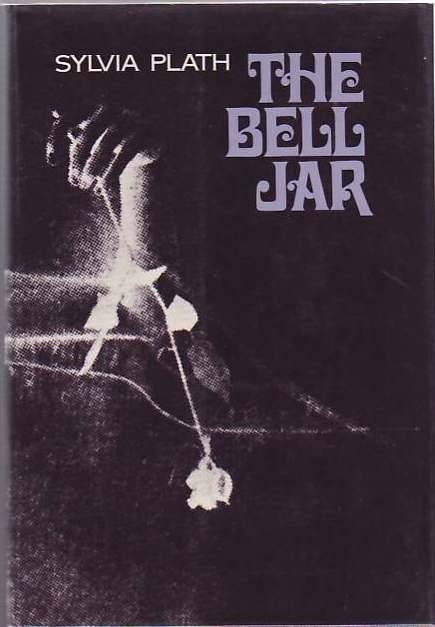 14. The Bell Jar (1971, originally published in England, 1963) – Sylvia Plath
14. The Bell Jar (1971, originally published in England, 1963) – Sylvia Plath
I know Plath the Poet best & I was wowed by her ability to carry off a novel so neatly. It’s well structured & well paced. Esther Greenwood is not afraid to reveal her meanness, pettiness, cruelty, the grotesque visions everyone turns into when she is depressed. The New York part is the strongest, there seem to be omissions from the section on recovery (introspection as to whence the breakdown). Her description of a baby being born was truly viscerally terrifying. Interesting that Esther considers her visit to get a fitting for a diaphragm (before she ever has sex) a most significant step in her recovery: freedom.
[FUCK: my browser hiccuped and I lost everything I wrote about the books below & more on the book above. Maybe I will try to re-write at some point, but not now. Oh god not now. I hate repeating myself. But I want to publish this before 2011 is over. For the record. UPDATE: I re-wrote, but much more condensed versions.]
15. The Marriage Plot (2011) – Jeffrey Eugenides
I was totally engrossed with the novel & impressed with his portrayal of Madeleine, his female protagonist & college life at Brown in the 80s. But it wraps up too quickly; she becomes a disappointment.
16. Oryx and Crake (2003) – Margaret Atwood
Atwood takes our current disturbing tendencies (cultural obsessions with sex & violence, genetic engineering, consumerism to the point of destruction) to their logical conclusion & beyond. A convincing alternate world. The love story, however, was merely a plot device, not fully rendered.
17. Blue Label/Etiqueta Azul (2010) – Eduardo J. Sánchez
This won a prize for portraying the youth perspective on Venezuela in its current state of economic-political crisis. It does capture a lot of Venezuelan culture, but the fact that it’s a woman looking back at her life made it hard for me to swallow. Why would she care about a lot of this minutiae that happened 20 years ago? The relationships, situations were also overblown. Made me wonder why a young male author would write from a young female point of view.
18. Absurdistan (2006) – Gary Shteyngart
A recurring theme for me seems to be ‘loved the beginning, was slogging through the end’. Most true for this book. Hilarious, incisive portrayal of post-Soviet Russia, New York City in parallel, but then (once in Absurdistan), the satire gets too clever for its own good. Something about his portrayals of sex & women made me not want to read any of his other books. Also hated that he included a version of himself in it (the writer the love interest runs off with, ugh).
19. El prestigio de la belleza (2010) – Piedad Bonnett
The jacket copy said that it was a book about growing up as an “ugly” girl in a society that values beauty in women above all. That’s the book I wanted to read, not a sort-of memoir about a rebellious young girl, in which nothing much happens (she gets sent to a strict Catholic school away from home). She touches on how she manifested a lot of her discomfort in the culture via her body (gastric illnesses), but there is no introspection, reflection on it, it just happens.
20. Chronic City – Jonathan Lethem
I followed the convoluted plot, saved the clues, tried to understand the characters & care about the portrayal of the Upper East Side & this almost-version of New York. I put in this work as a reader, but it did not pay off. And soooo loooong tooooo, uuuugh.
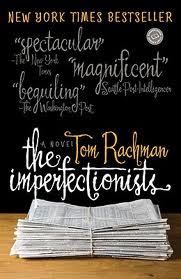 21. The Imperfectionists – Tom Rachman
21. The Imperfectionists – Tom Rachman
I had trouble getting all the way through this, to the point of being actively annoyed, but it was the only thing I had to read on a long plane ride, so I was stuck. Formulaic, often cliched writing. Its seams were showing, really felt like a first “novel”: a series of short stories about staff at an international, English-language newspaper based in Rome. All of the stories could be broken down into the formula “one-dimensional character finds him/herself in an extreme situation” (i.e., the super-shy copy editor gets cuckolded by his beautiful wife; the unambitious proofreader who is devoted to his son & nothing else loses the son; etc.) I can see why this was published – it appeals to the New Yorker-loving crowd who wants something light but that still feels literary. Rome is an exciting location, it gives an insider view of the newspaper life, etc. But I had a bad time reading it. New York Times bestseller? Really?
(Strange aside: I googled “gets cuckolded” to ensure this was correct usage (don’t think I have ever written out “cuckolded” before) & stumbled across many websites on tips for getting your wife to cuckold you! I didn’t know this was such a popular fetish… If you can dream it, it’s on the internet.)
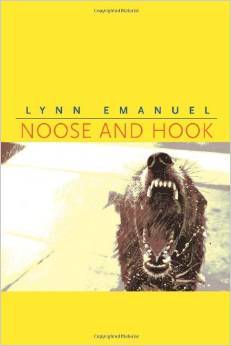
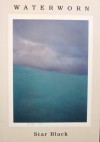
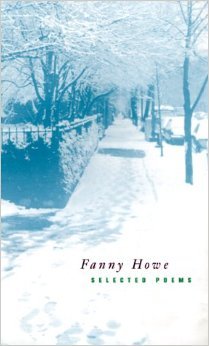
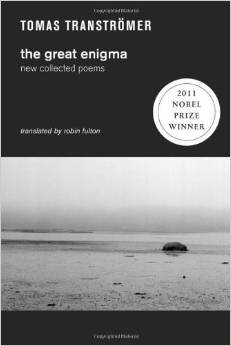
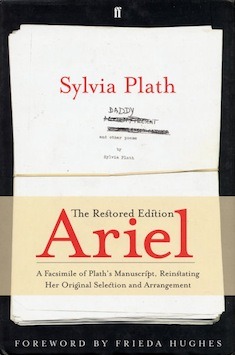
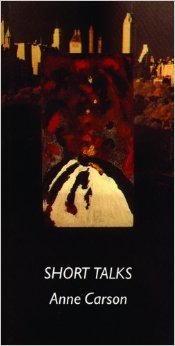
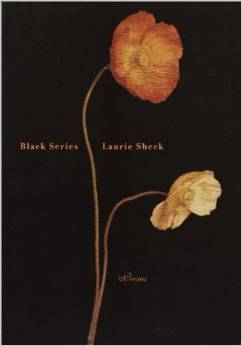
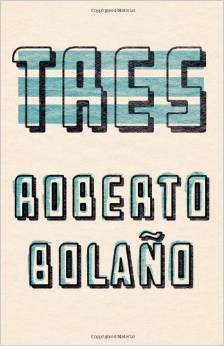
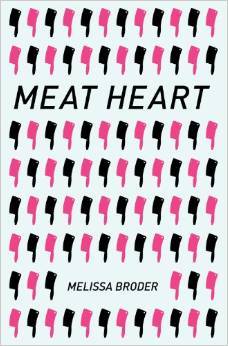
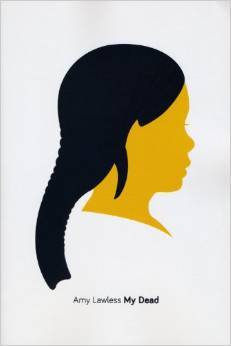
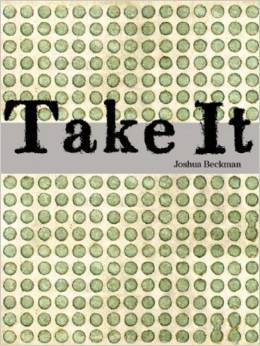
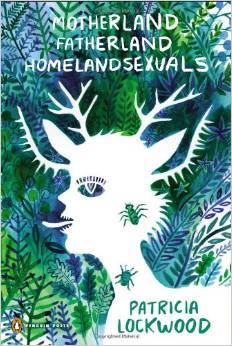
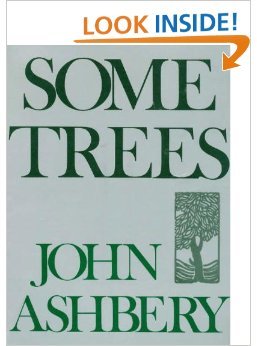

 11. Inferno (a poet’s novel) (OR Books, 2010) – Eileen Myles
11. Inferno (a poet’s novel) (OR Books, 2010) – Eileen Myles 12. Bossypants (Reagan Arthur Books, 2011) – Tina Fey
12. Bossypants (Reagan Arthur Books, 2011) – Tina Fey 13. Lolita (Vintage, 1989, original published 1955) – Nabokov
13. Lolita (Vintage, 1989, original published 1955) – Nabokov 14. The Bell Jar (1971, originally published in England, 1963) – Sylvia Plath
14. The Bell Jar (1971, originally published in England, 1963) – Sylvia Plath 21. The Imperfectionists – Tom Rachman
21. The Imperfectionists – Tom Rachman